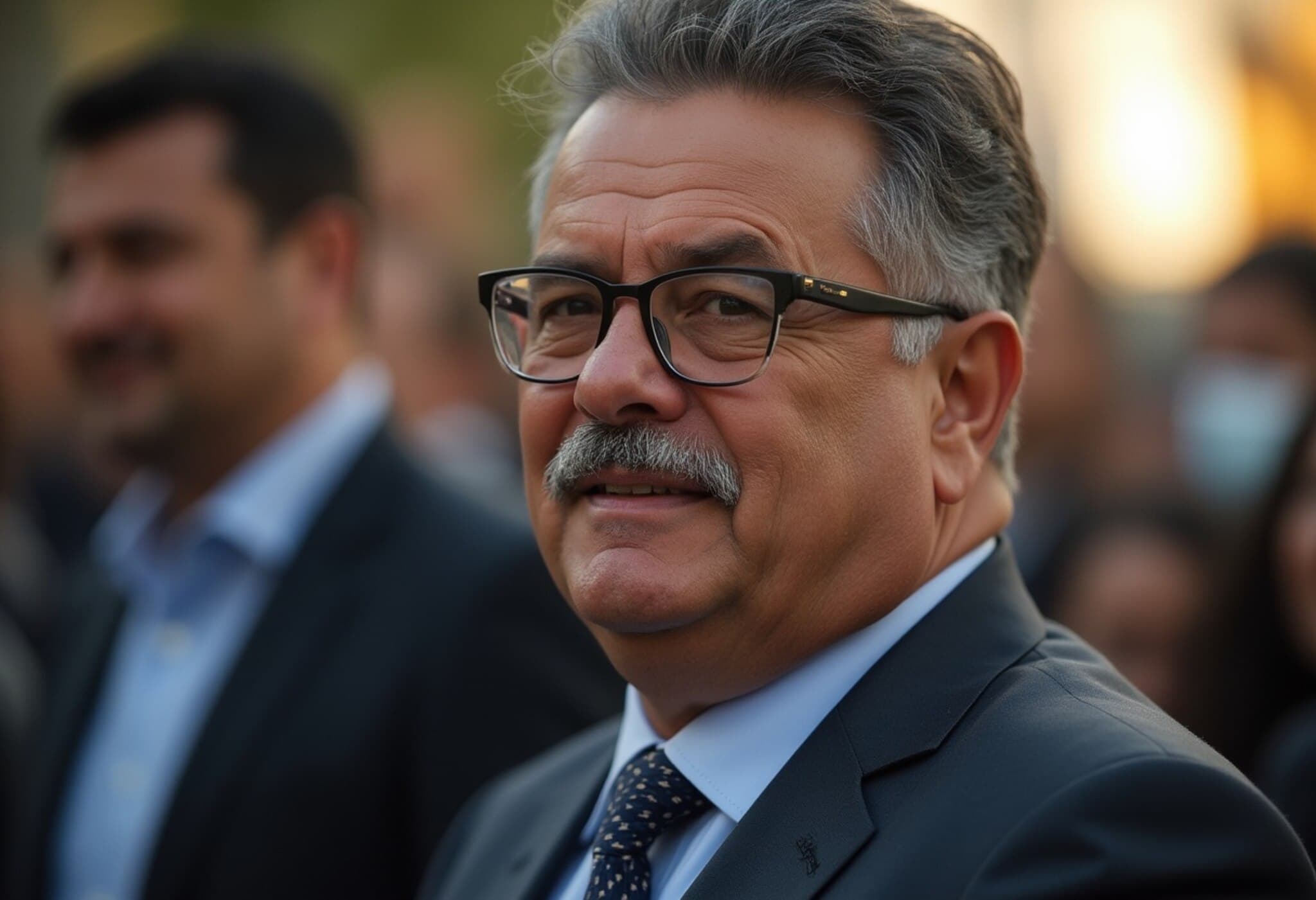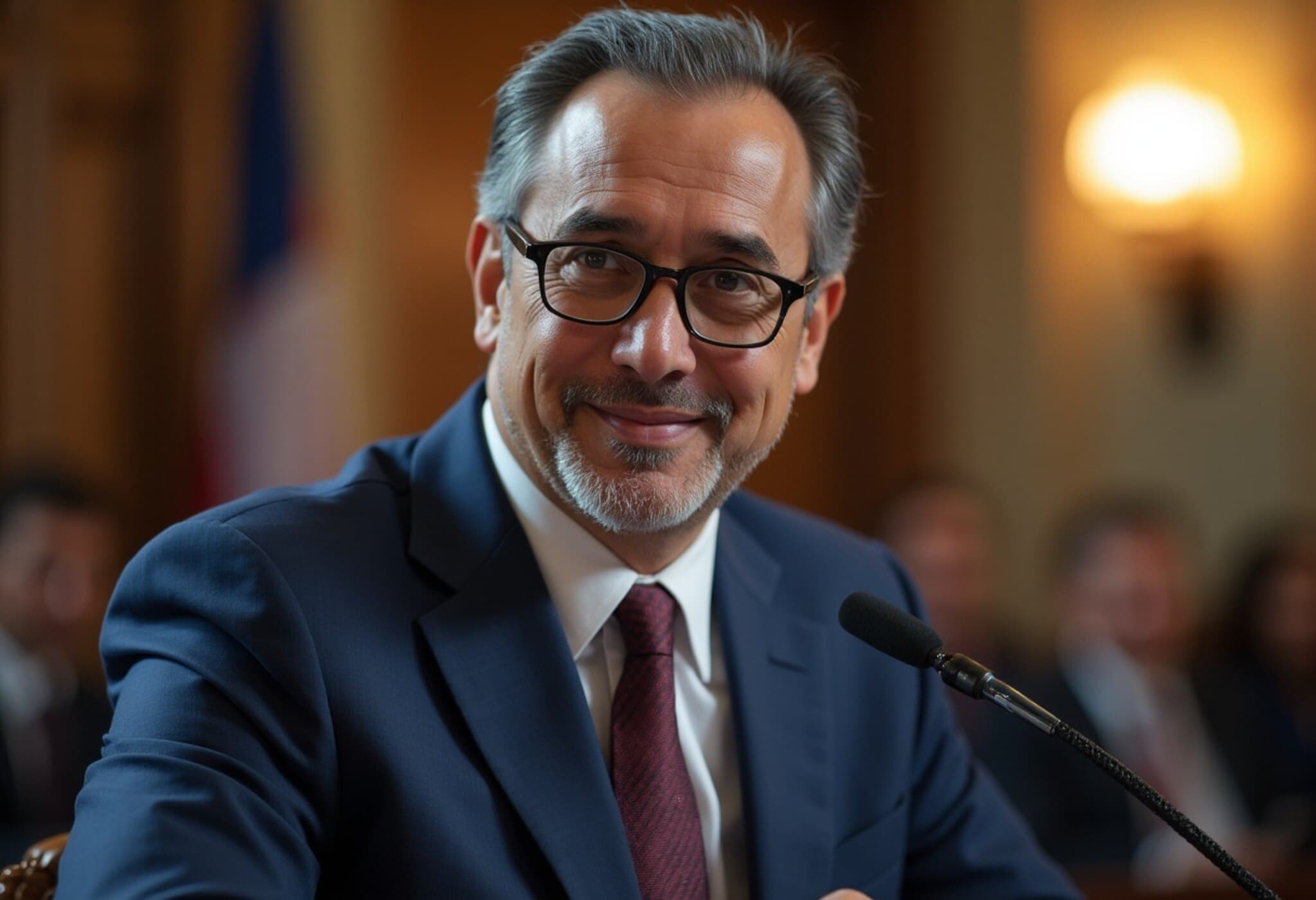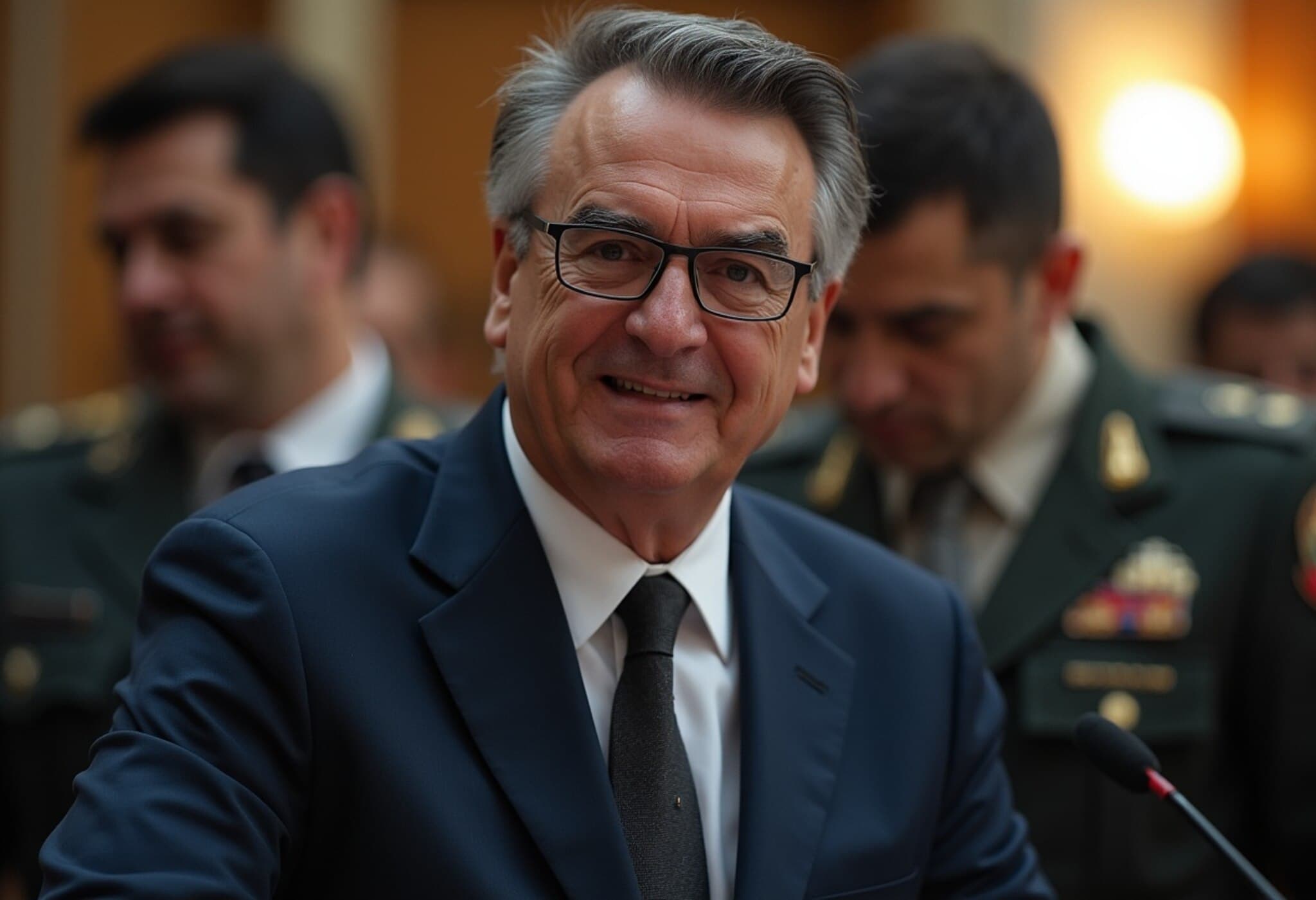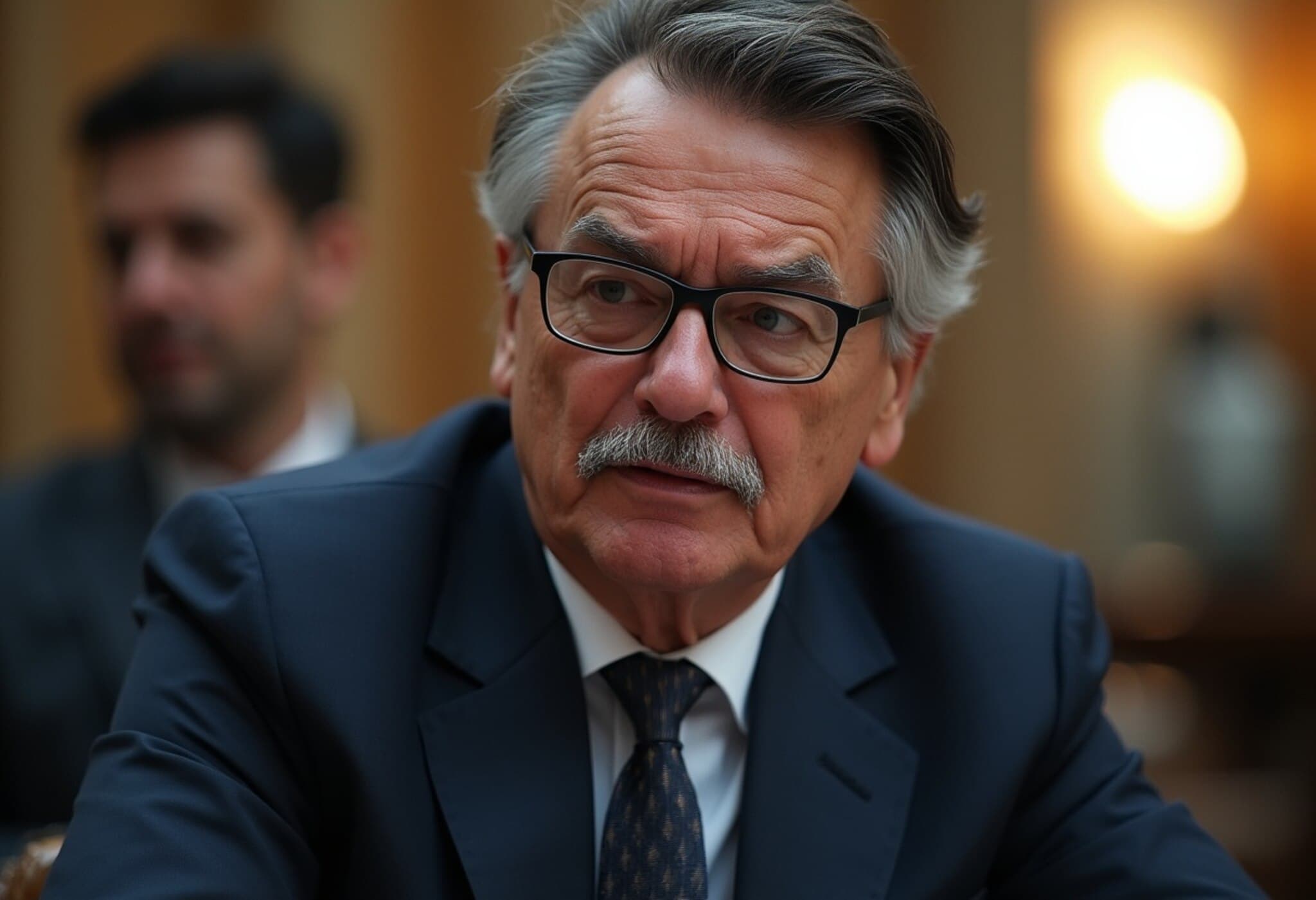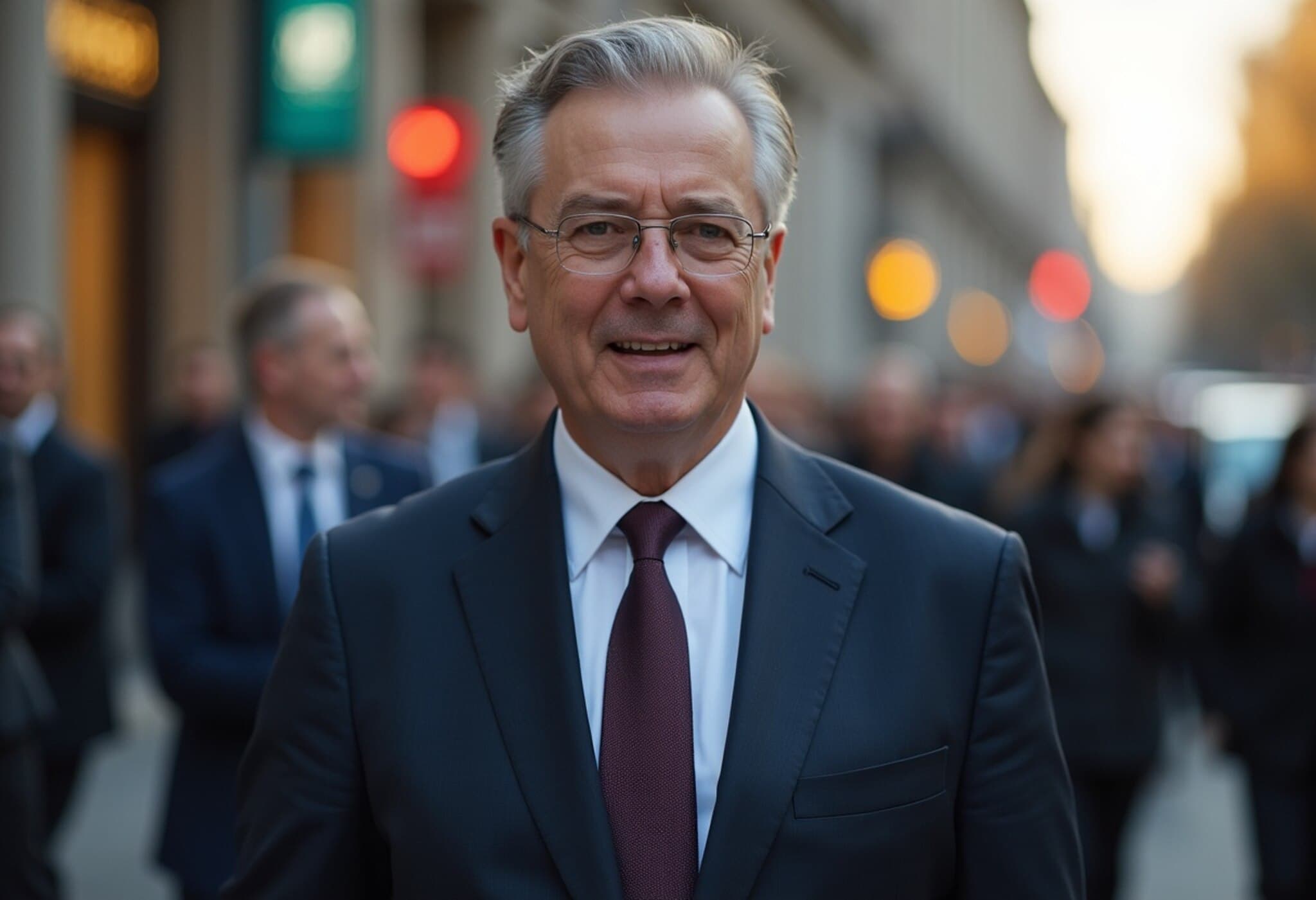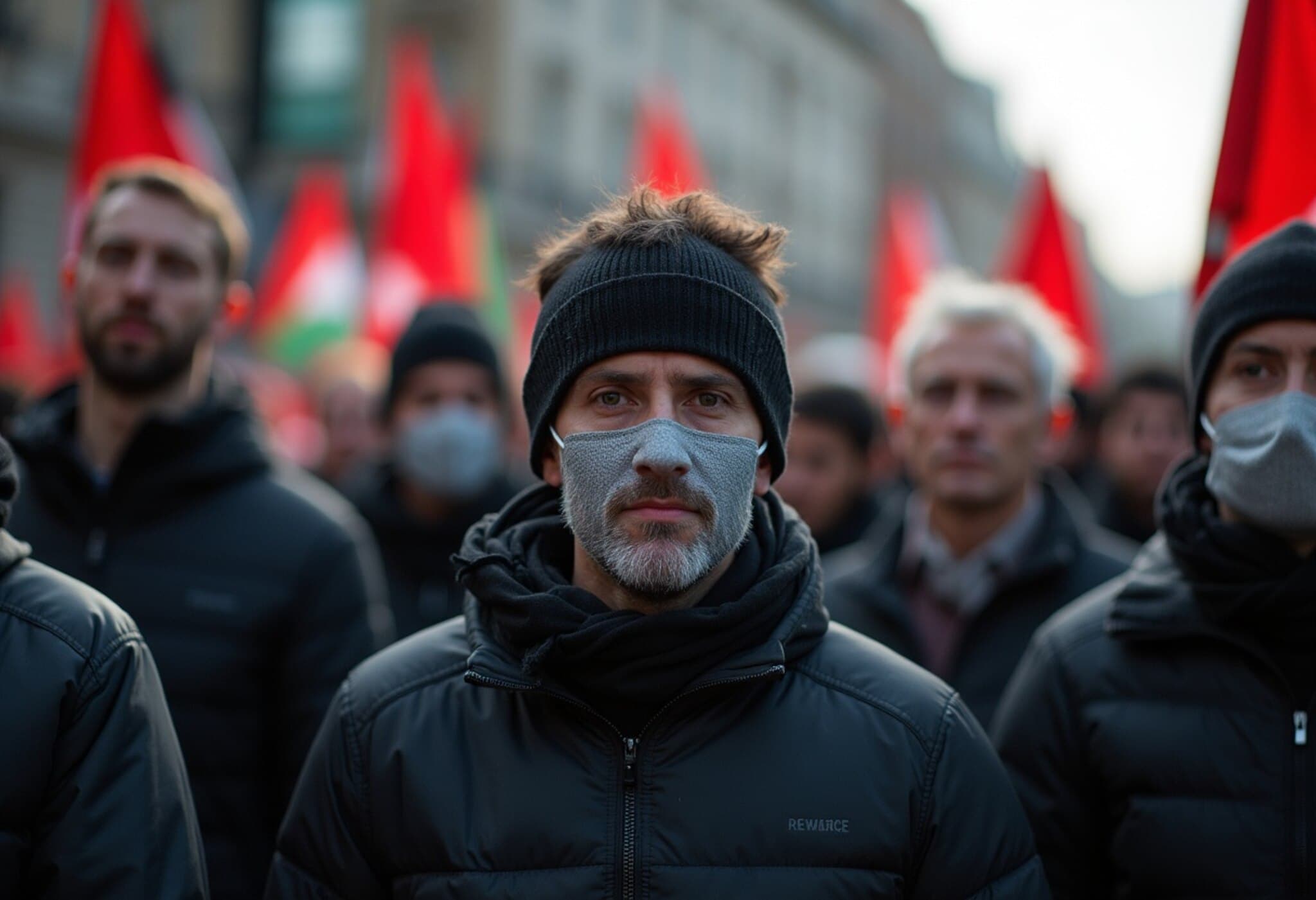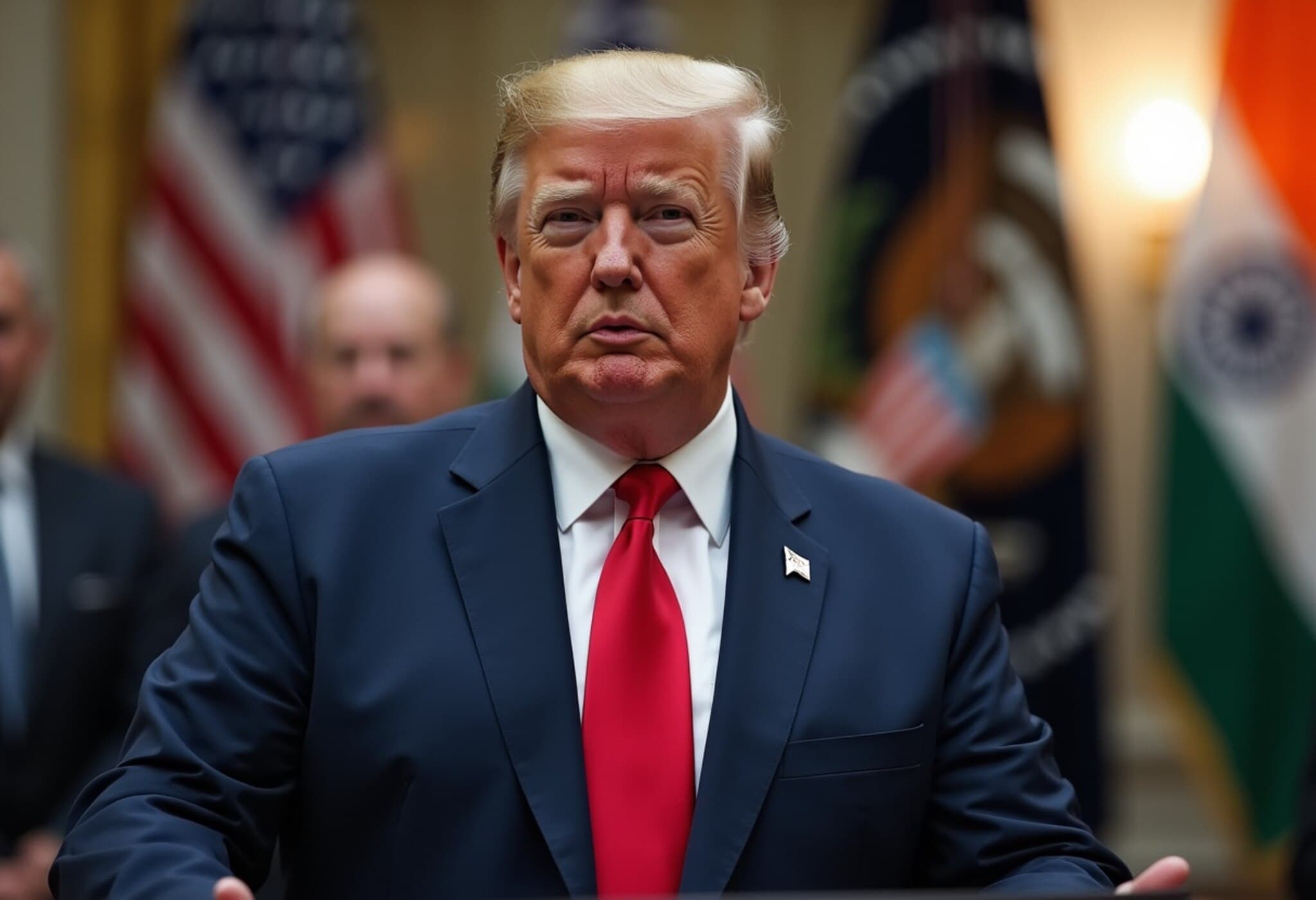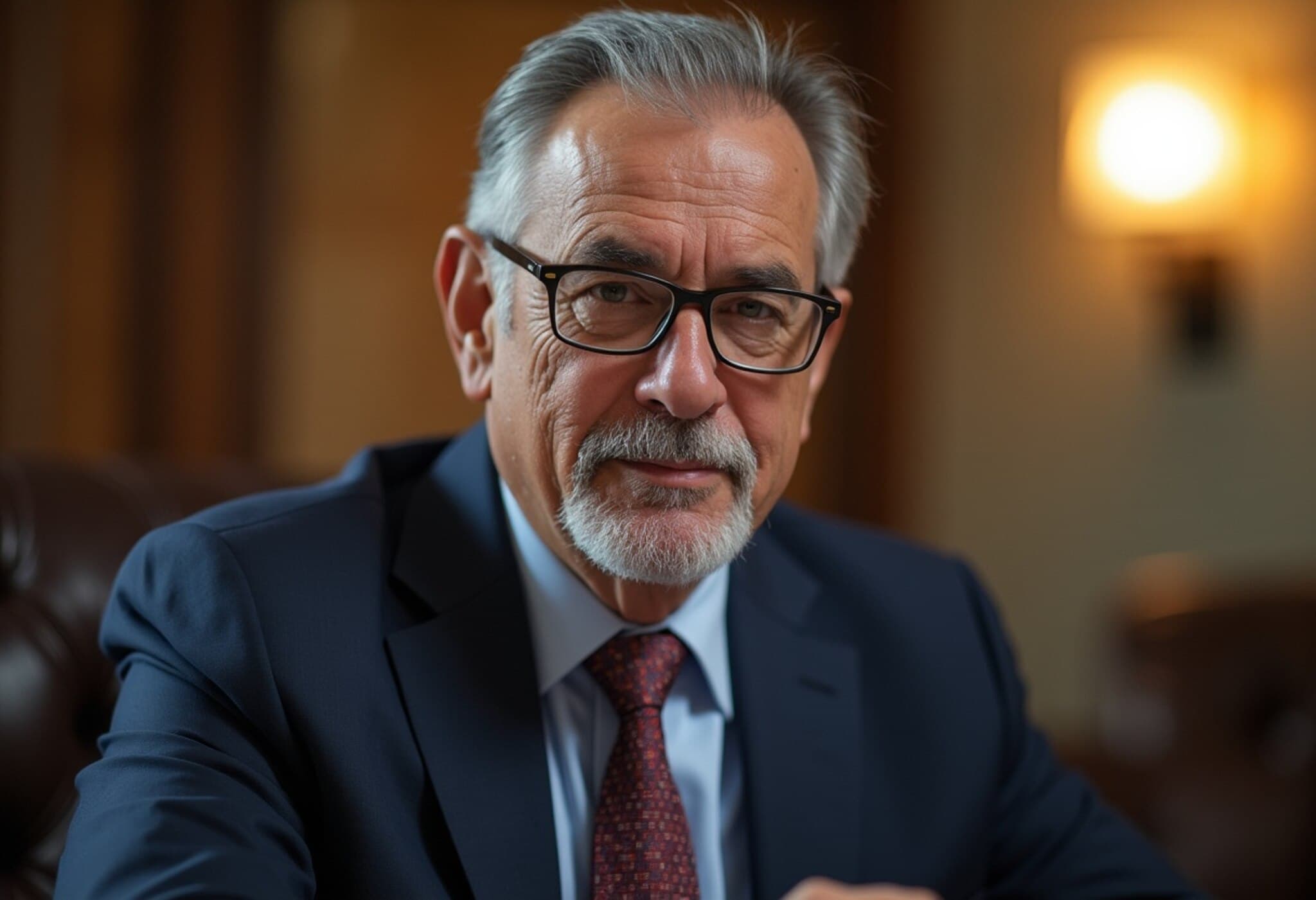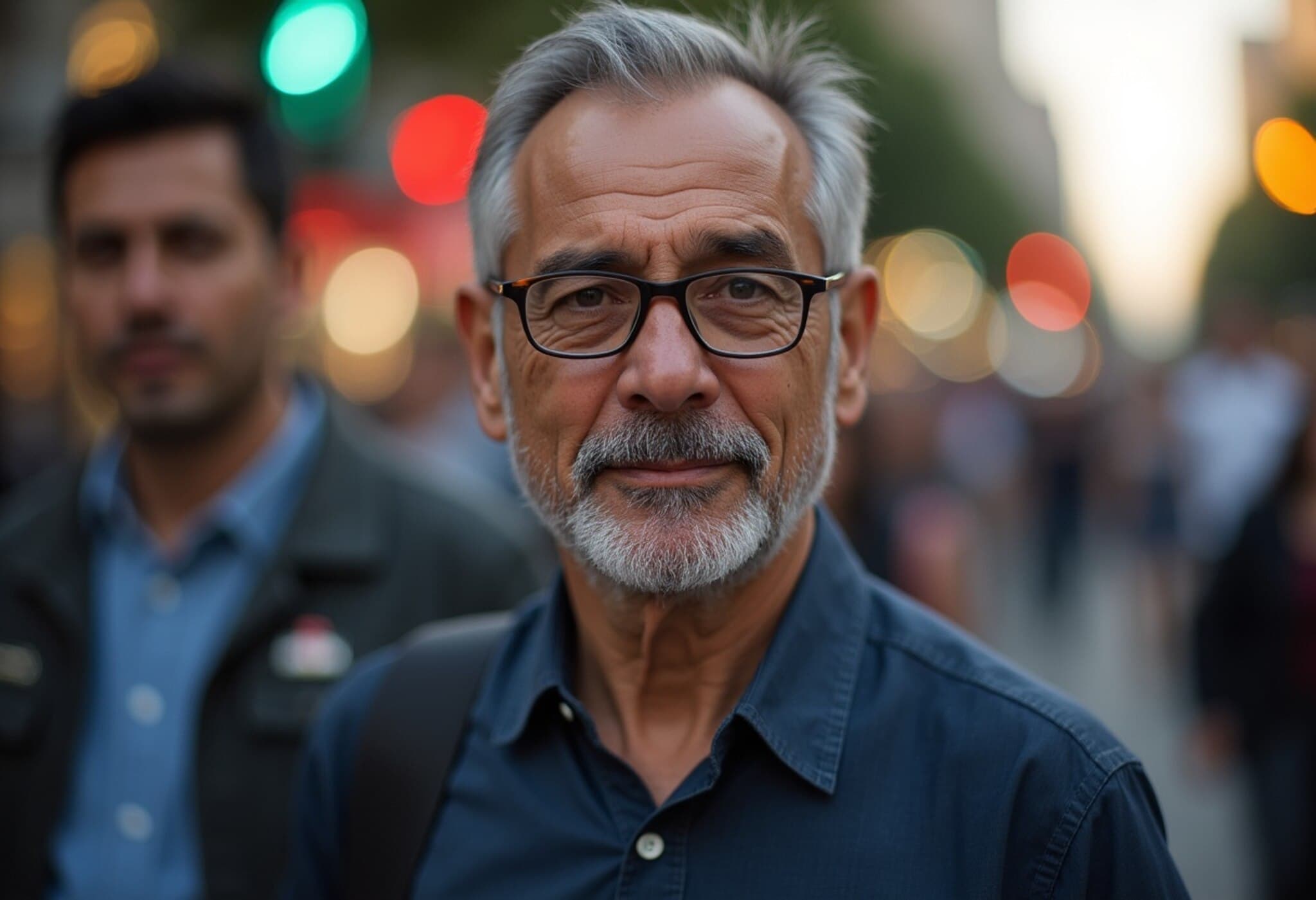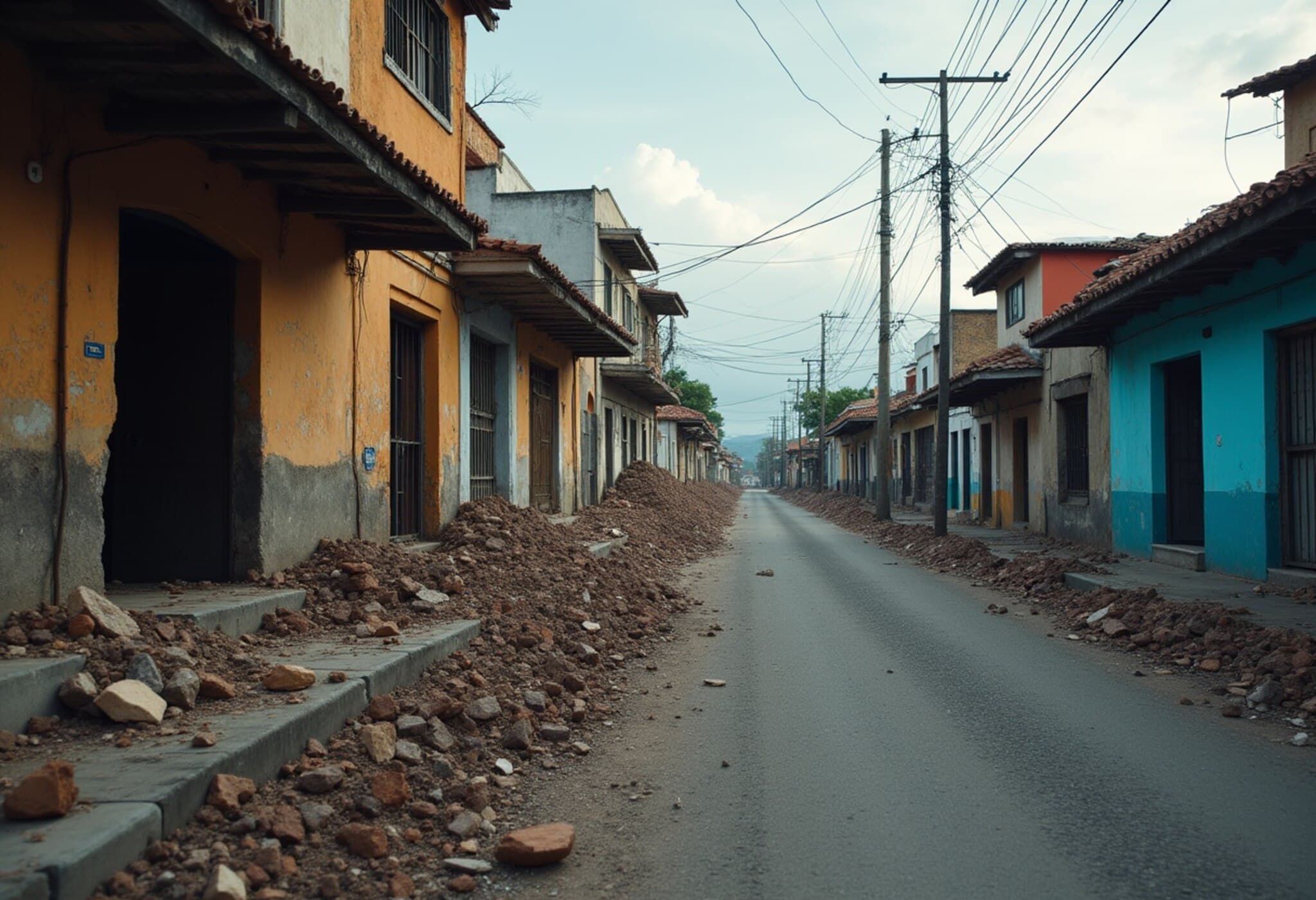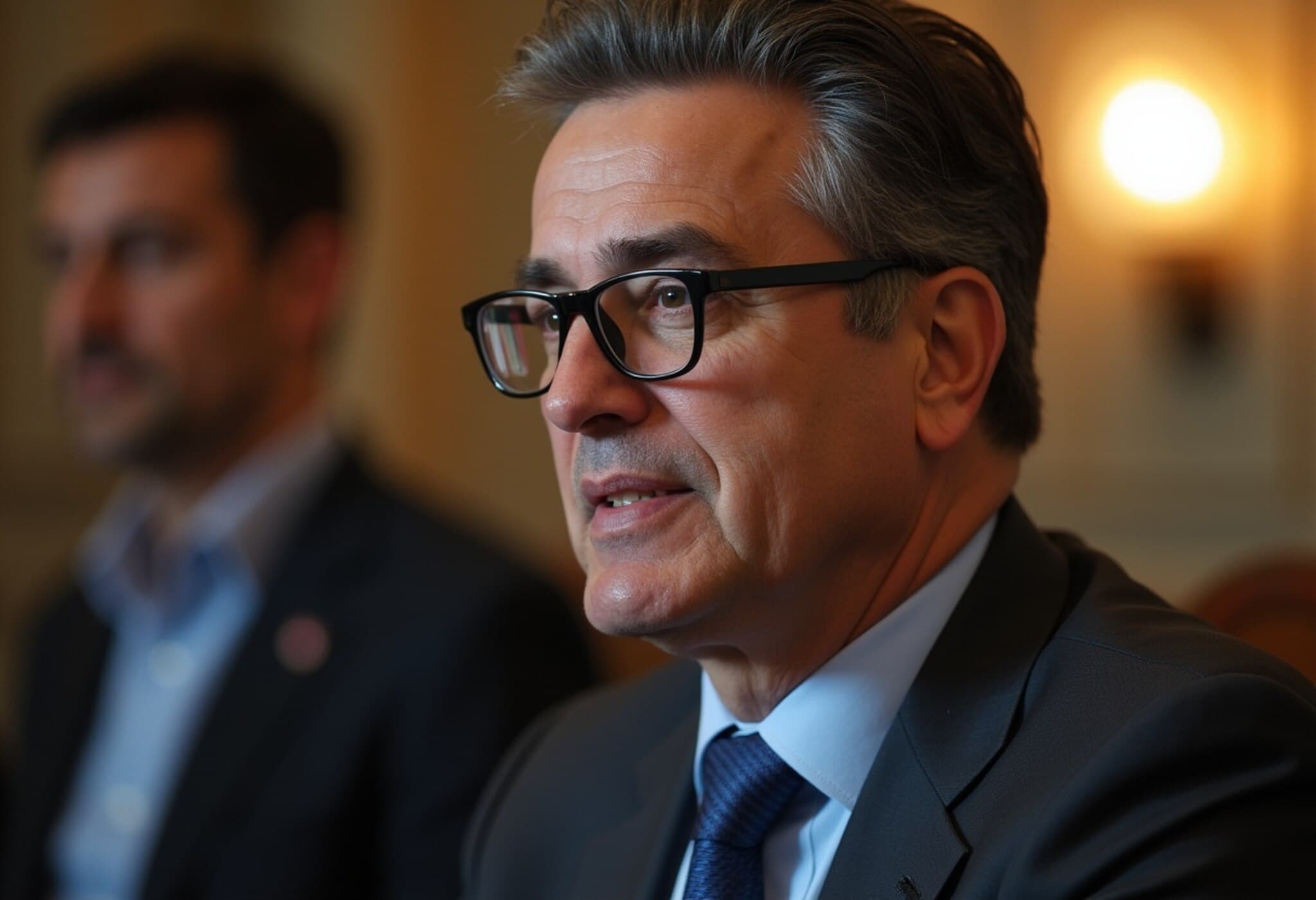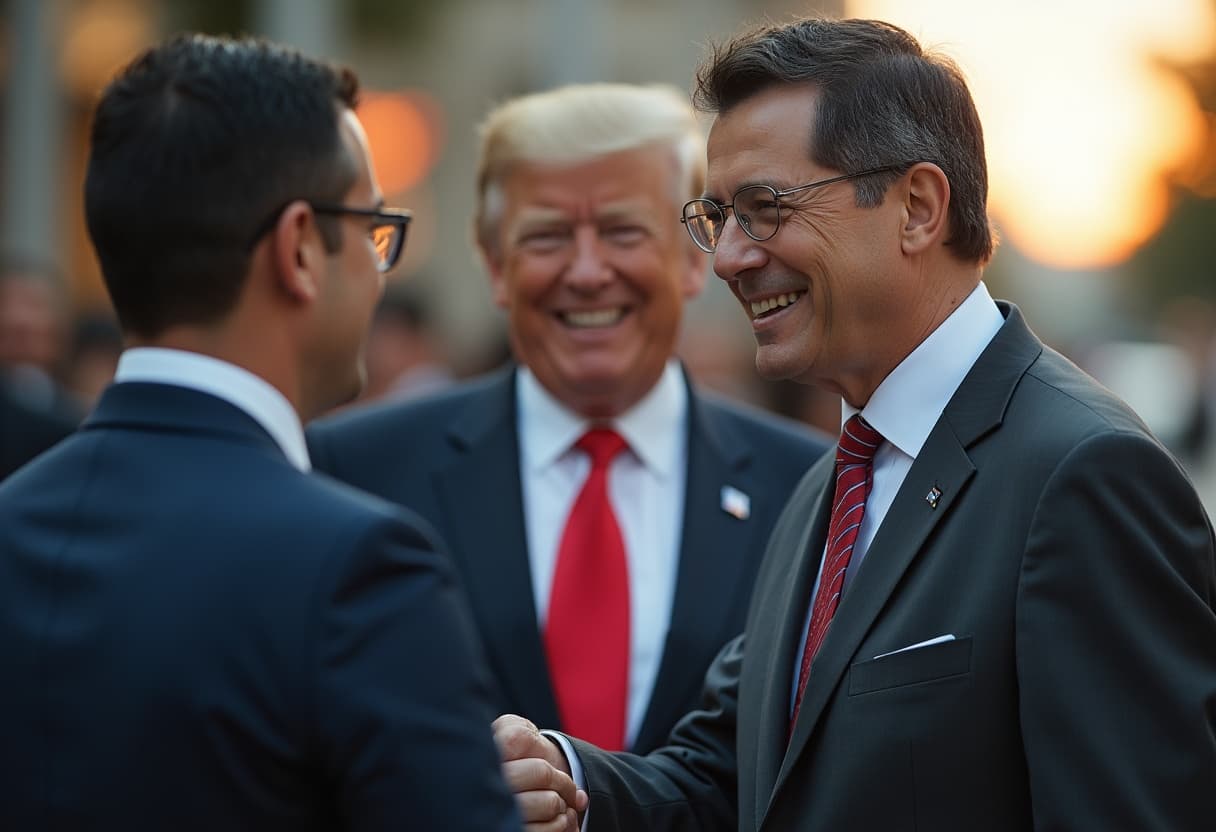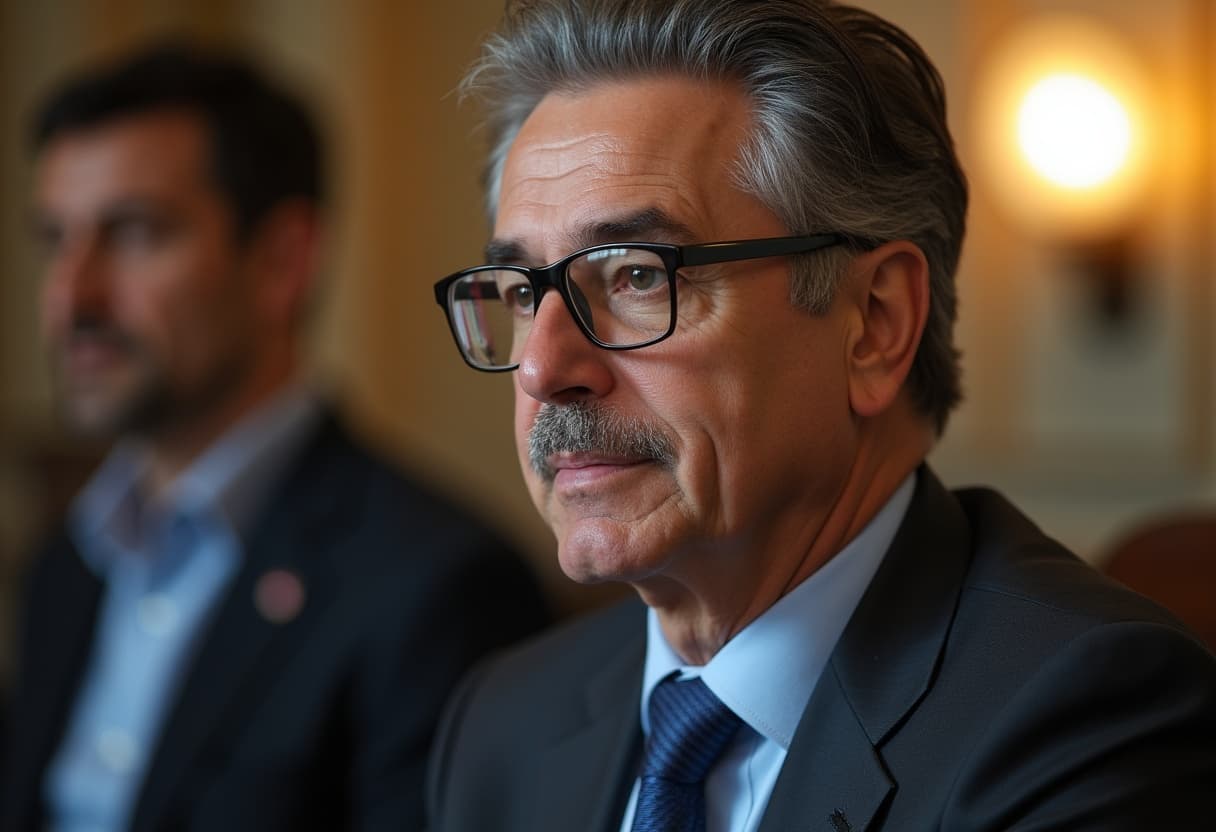Colombian Senator Miguel Uribe Passes Away Following June Shooting
In a heartbreaking development that has sent shockwaves through Colombia’s political landscape, Senator Miguel Uribe Turbay succumbed to injuries sustained during a violent attack at a campaign rally in Bogotá earlier this summer. Uribe, 39, a prominent right-wing opposition figure and presidential hopeful, was shot in the head on June 7 and remained hospitalized until his death was confirmed on August 11.
A Rising Political Star Silenced
Known for his eloquent opposition to the current leftist government led by President Gustavo Petro, Uribe had rapidly ascended Colombian politics. At just 25, he secured a seat on Bogotá’s city council and quickly became a vocal critic of Petro’s administration policies, particularly in urban governance and social welfare. By 2022, he had earned a seat in the Senate on the Democratic Center party’s “Colombia First” platform, positioning himself as a key contender for the nation’s presidency.
Legacy of a Political Family Marked by Tragedy
Uribe’s death adds a poignant chapter to a family legacy intertwined with Colombia’s turbulent history. His mother, journalist Diana Turbay, was tragically killed in 1991 during a failed rescue mission after her kidnapping by the Medellín Cartel, led by the infamous drug lord Pablo Escobar. Uribe's maternal grandfather, Julio César Turbay, served as Colombia’s president from 1978 to 1982, while his paternal grandfather, Rodrigo Uribe Echavarria, played a significant role in the Liberal Party and backed President Virgilio Barco’s campaign in 1986.
National Impact and Reflections on Political Violence
The assassination attempt on Uribe has reignited concerns over the escalating political violence in Colombia, a nation still grappling with the legacies of armed conflict and narco-terrorism. Experts warn that attacks on public figures threaten not only individual lives but the very foundation of democratic practice in the country.
Maria Claudia Tarazona, Uribe’s wife, shared a deeply personal tribute on social media: “You will always be the love of my life. Thank you for a life full of love. Rest in peace, love of my life. I will take care of our children.” Her words underscore the human cost behind political headlines, reminding Colombians of the heartbreak behind the tragedy.
Contextual Insights: The Rise of Political Violence in Latin America
- Political figures in Latin America face increasing threats amidst growing polarization and unresolved social tensions.
- Colombia's ongoing efforts to stabilize post-conflict regions clash with challenges from criminal organizations and extremist factions.
- Uribe’s assassination attempt symbolizes the perilous environment for politicians campaigning on reformist platforms.
Looking Ahead: What Uribe’s Death Means for Colombia’s Democratic Future
As Colombia mourns the loss of one of its youngest and most dynamic political leaders, questions arise about the future of opposition politics and the safety of public servants. Will Uribe’s death spur meaningful reforms to protect politicians and curb violence, or will fear further paralyze democratic engagement? The nation stands at a crossroads, balancing hope for political renewal with the persistent risk of violence.
Expert Commentary
Dr. Ana María Torres, a Colombian political analyst, comments: “Miguel Uribe’s death is a grim reminder that Colombia’s democratic processes remain vulnerable. Strengthening institutional protections and fostering political dialogue are urgent steps to prevent further deterioration.”
Editor’s Note
This tragedy compels us to reflect on the fragile state of political discourse and security in Colombia. Beyond the headlines lies a story of personal loss and the resilience of a family entwined with the nation’s history. As Colombia navigates these turbulent times, safeguarding democratic voices and addressing the roots of political violence must be prioritized to honor Senator Uribe’s legacy and ensure a safer future for all.

